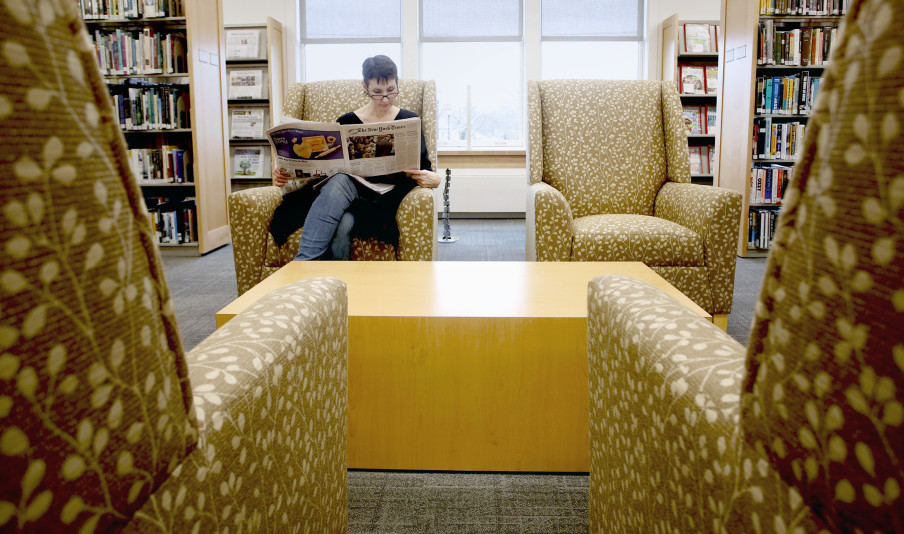FREEPORT — Last year, my income put me in the top 5 percent of Mainers. I paid over $14,000 in state taxes. I’m proud to pay taxes. I don’t need my Maine neighbors to subsidize another tax break for me.
But if lawmakers pass L.D. 1519, a bill that removes recently enacted changes to the treatment of itemized tax deductions, that’s exactly what will happen. If it passes, it will cut a $52 million hole in the state budget, putting funding for schools and other programs I support at risk.
So why are so many organizations working so hard to give me a tax cut I don’t need? They fear that without this tax cut, I won’t give as much to charity.
The thing is, the slight increase in my state taxes as a result of last year’s tax changes won’t change how much or to whom I give. I give because I am passionate about the important work that the organizations I support do, not because of some tax break the state of Maine gives me that is paid for by my fellow taxpayers.
I do expect to pay more as a result of the cap on itemized deductions, but that’s not the case for all Mainers like me. In fact, according to Maine Revenue Services, 75 percent of my fellow top 5 percenters will actually pay less in income taxes as a result of last year’s budget agreement. That means, if L.D. 1519 passes, most of the people who will benefit are people who are already getting a tax cut. What sense does that make?
I started by saying that I’m proud to pay taxes. That’s true, and here’s why. Many of the opportunities I’ve benefited from in my life were a direct result of the taxes someone who came before me paid. I was lucky to be born into a country with an educated population, with quality health care, a transportation system, public libraries, a communication system, a system of laws and governance. Now is my chance to pay it forward, and I relish the chance to do so.
Many of the issues that concern me – rising income inequality, access to quality education, quality health care, environmental degradation and global conflict – are issues we can address only through collective engagement at the local, state, national and even global levels. Paying taxes is one way I can help provide the resources to address these priorities and promote opportunity for all people. Giving to charity is another way I do this. The two are not mutually exclusive.
While efforts to restore my unnecessary tax write-off for charitable giving are well-intentioned, I fear they may have serious unintended consequences.
According to the Maine Center for Economic Policy, the elimination of the cap on tax-deductible donations will result in $52 million of lost tax revenue. That’s money that legislators will have to make up to balance the state budget, either through cuts to programs and services I consider important or by raising other taxes.
Such program cuts or tax increases are unlikely to affect me, but they are very likely to hurt many of my less well-off neighbors. That would be unfair and cancel out significant benefits in last year’s budget agreement that increased funding for schools while maintaining other services and reducing taxes for 83 percent of Mainers, mostly among the bottom 90 percent of taxpayers.
By coincidence of birth, I am an extremely lucky person. I don’t have to worry about how I’m going to make ends meet. I choose to give a fair amount of money to others every year. I also gladly pay taxes because taxpayer-funded programs helped create the opportunities that have benefited me and my family.
L.D. 1519 won’t change any of these things for me. But it will require my fellow Mainers, most far less fortunate than I, to subsidize my lower tax bill. I don’t think that’s fair, and it’s not the right direction for Maine.
Send questions/comments to the editors.



Success. Please wait for the page to reload. If the page does not reload within 5 seconds, please refresh the page.
Enter your email and password to access comments.
Hi, to comment on stories you must . This profile is in addition to your subscription and website login.
Already have a commenting profile? .
Invalid username/password.
Please check your email to confirm and complete your registration.
Only subscribers are eligible to post comments. Please subscribe or login first for digital access. Here’s why.
Use the form below to reset your password. When you've submitted your account email, we will send an email with a reset code.